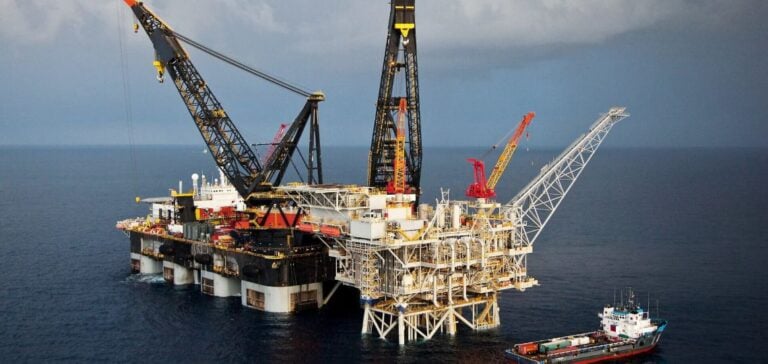Morocco’s offshore exploration sector suffered a setback in May 2025 with the successive withdrawal of two British operators, Genel Energy and Energean. These exits weakened the appeal of the country’s coastal mining domain, prompting authorities to reconsider their public investment strategy in hydrocarbons.
An initiative led by ONHYM
The Office National des Hydrocarbures et des Mines (ONHYM) has launched an expert mission to reassess national methods for oil and gas exploration. This programme, with a budget of MAD2.5mn ($270,000), will review previous projects and identify high-potential zones.
The goal is to enhance the technical capacity of geoscientific teams and better target future exploration campaigns. ONHYM aims to reinforce assessment tools and seismic data management to improve the quality of information available to investors.
Alignment with international standards
The mission also includes harmonising national practices with international standards for offshore exploration. This approach is intended to strengthen the credibility of Morocco’s energy sector and provide a clearer framework for interested operators.
In parallel, authorities are pursuing the development of strategic infrastructure projects, such as the Atlantic Africa Gas Pipeline, to secure natural gas supply. Natural gas is considered a strategic lever to support the energy transition while ensuring grid stability.
Maintaining a diversified energy strategy
Despite its renewable energy targets, Morocco continues to invest in upstream oil and gas. Public policy favours an integrated approach that combines fossil and renewable energy sources to reduce imports and secure domestic supply.
According to Le Matin on May 31, an ONHYM representative stated that this mission forms part of “a proactive effort to strengthen the visibility and competitiveness of the national mining domain.” This signal to the market confirms the intention to maintain investment momentum in hydrocarbons despite the withdrawal of some partners.






















